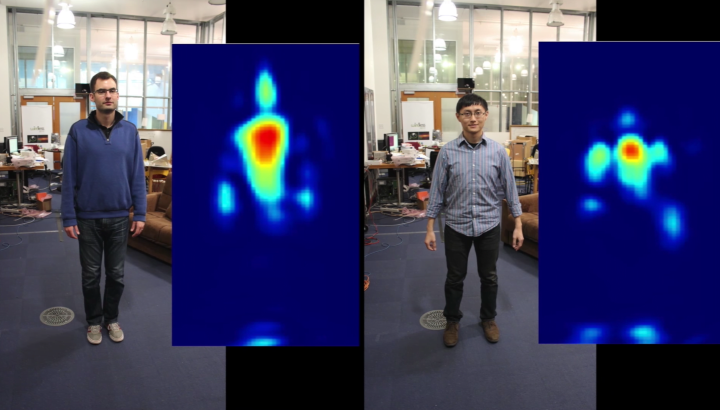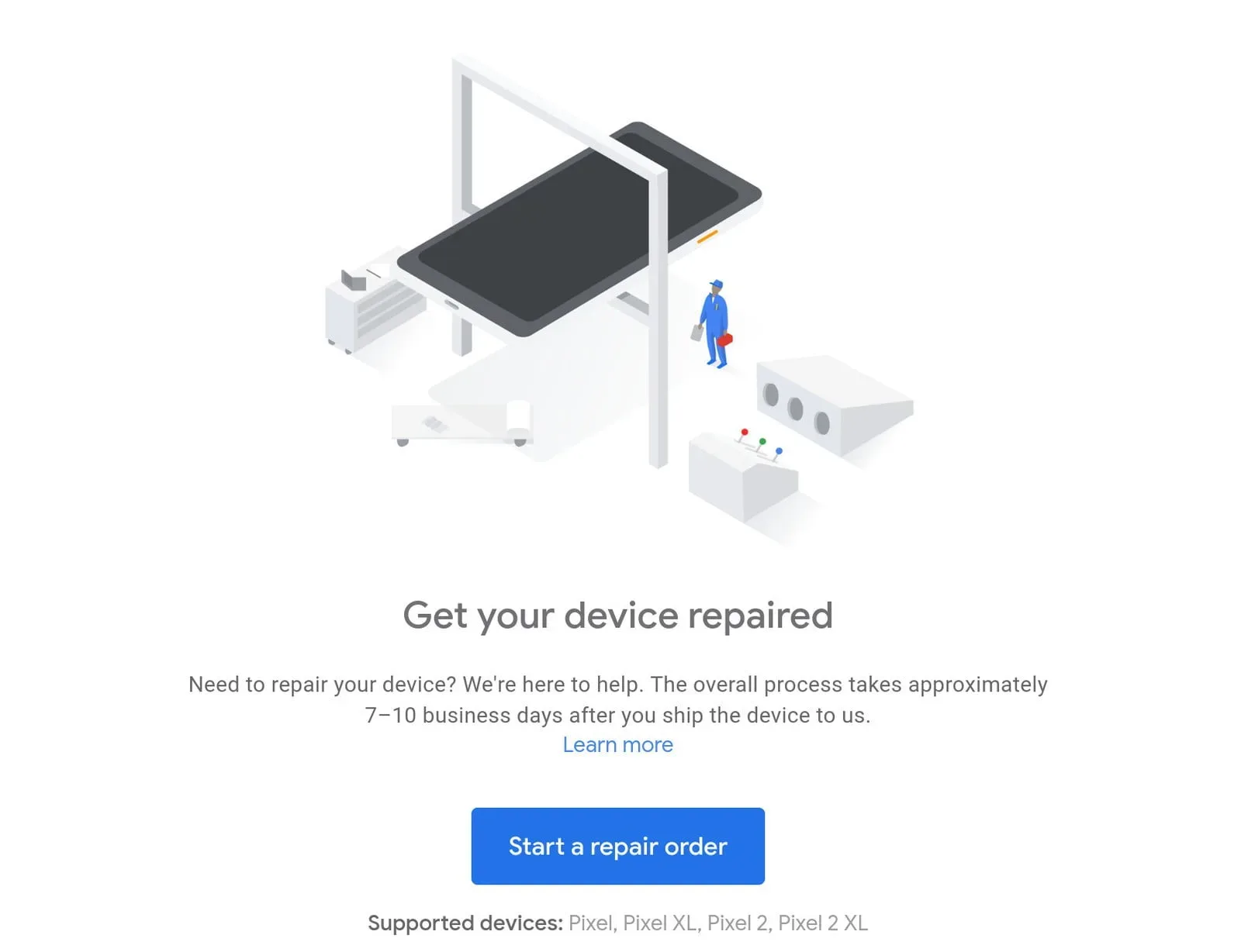Researchers at MIT have done it again.
A professor at MIT, Dina Katabi, has come up with a prototype that tracks your health just as an ugly body scanner at airports would. It is basically a device that can show the anomalies in your body while you stand near it.
How does it look like?
Well, our ugly-airport-body scanner example gives a very vague idea of how the device actually looks. Here’s a bummer; it is not a wall. Instead, it looks like your ordinary WiFi router that can sit on your pad.
How does it work?
The device does not have any tangled wires to support it. It basically works using a radio signal that passes through and reflects off people’s bodies. As the signal returns to the box, your entire body is analyzed within seconds. What is even more intriguing is the fact that a single signal is able to track down a significant amount of your health data.
The device has been actively used in 200 homes across the US for health issues such as Alzheimer’s, Parkinson’s, depression, and pulmonary diseases. Researchers at MIT have also come up with a technology that diagnosis depression.
Straight from the brains behind it!
The device is created by Dina Kitabi who is a professor at MIT. Dina believes that the device will be able to replace hefty and pricey machines that are normally used to store the data.
She further elaborated: “Not only do you start understanding the life of the patient, but you start understanding the impact of the medication,”.
The device has the potential to assist the doctors and provide them with resourceful advice.
Since the device uses high-end technology and involves a rigorous process of analysis, its information is trustworthy.
Dina’s sensor is also able to correctly monitor a person’s sleeping patterns sensing when they go into a deep slumber. The device measures a patient’s sleep gait, heart rate, and stores all the information.
As far as the consent is concerned, not a single bit of the information goes anywhere without one’s consent. So, the device preemptively caters to the privacy concerns one may have.
Can’t wait to see what the future unfolds in the next couple of years!





Share Your Thoughts